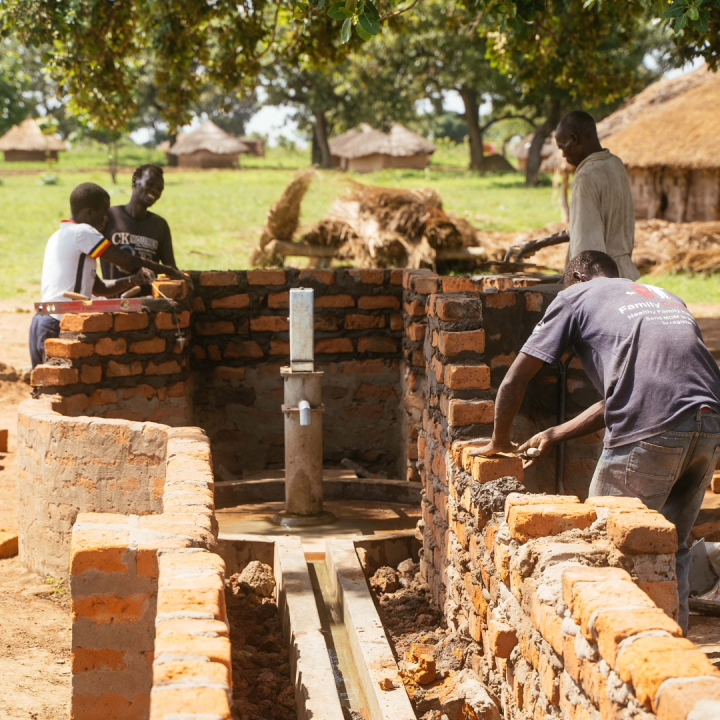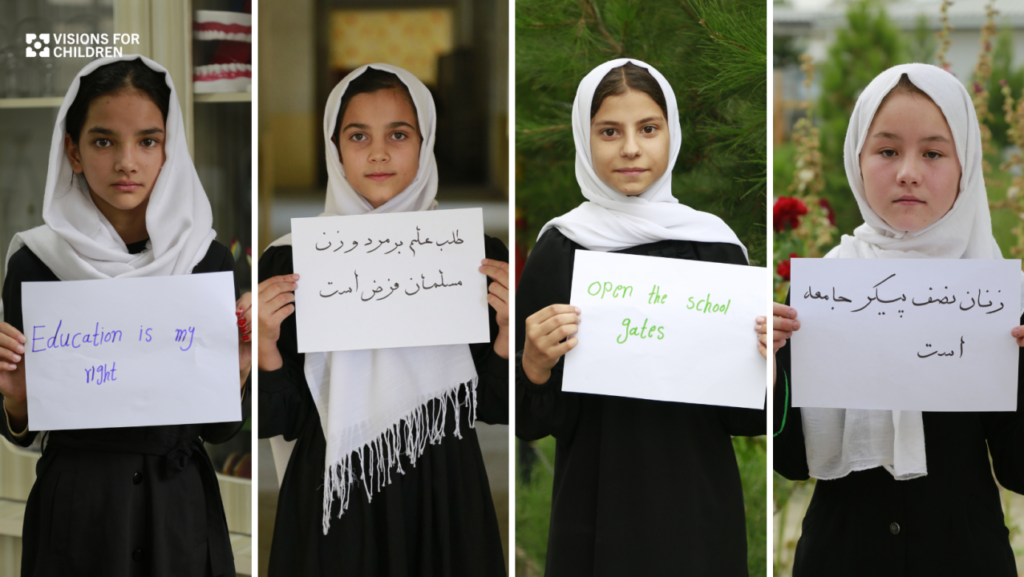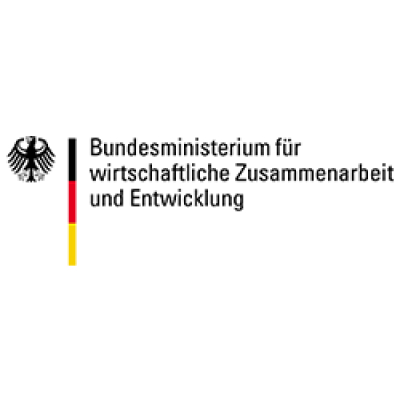The basis of a healthy life? Access to clean water, sanitation and hygiene!
Access to water and sanitation is a human right. For this reason, the United Nations launched the WASH program (Water, Sanitation, Hygiene) as part of the sustainability goals of the 2030 Agenda.
“Inadequate WASH destroys public health” - UN Water
Billions of people have no access to WASH: 2 billion people – all over the world – have no clean drinking water, almost half of the world’s population – 3.6 billion people – lack safe sanitation facilities. Low-income countries are particularly affected.
This has a huge impact on public health (the health of all people in a given geographic area over a period of time), promotes infectious diseases and increases child mortality rates at an elevated rate (over 700 children under the age of 5 die every day from diarrhea caused by unclean water, sanitation and poor hygiene).
3 key issues
Procuring water is the task of women
In communities without safe water management or proximity to usable water sources, the task of fetching water usually falls to women and girls. The problem is that the nearest sources are usually a long way from their homes, which means they have to spend a lot of time and energy on this journey. The long distances are usually remote and therefore often subject to abuse and attacks.
Lack of access to sanitary facilities and hygiene puts menstruating women in particular at risk
The facilities available are usually shared with men or are even outdoors. In these cases, it is not possible to wash oneself, which can lead to serious health problems.
No water = education endangered
Access to drinking water and sanitary facilities at school is essential for pupils’ health and ability to concentrate. Pupils often have to travel long distances to fetch water for school and miss lessons. The sanitary facilities also make it difficult to attend school inclusively as they are not barrier-free. As a result, girls in particular are absent from school during their period. Almost a quarter of Ugandan girls between the ages of 12 and 18 even drop out of school completely when their period starts. The reasons are manifold, but can be traced back to a lack of adequate sanitary facilities and inadequate hygiene products.
WASH at Visions for Children
As part of our project work, we launched a WASH project with the local organization Link to Progress (LTP) in the Otuke and Oyam district in Uganda in September 2022. The district is located in a rural area in northern Uganda, where the infrastructure for education and the supply of water and electricity has come to a partial standstill as a result of the civil war. The program launches a project to improve hygiene standards, menstrual hygiene and education about the importance of WASH at seven state elementary school.
Most of the approximately 6,000 pupils come from financially disadvantaged families with a low level of education. There is no electricity at any of the schools and there is only partial access to water. Together with the partner organization LTP, new sanitary facilities are therefore being built, a water supply established, school meals introduced and accompanying workshops implemented.
Overall, the hygiene situation at all seven schools is critical. Most of the latrines are in a dilapidated state, some are unusable and offer no opportunity for hygienic toilet use. There are insufficient hand washing facilities for the large number of pupils. Valuable teaching time is lost due to long queues in front of the sanitary facilities. For example, 430 children share a washbasin or 78 children share a toilet.
Solutions
The project focuses on three key points:
- The construction of sanitary facilities and access to running water will improve hygiene standards at the schools.
- Workshops on topics such as menstrual hygiene and puberty remove taboos from the subject for all pupils and prevent menstruating women from staying away from lessons out of shame.
- By setting up school committees, responsibility is transferred from the outset so that positive developments are also ensured beyond the project.





